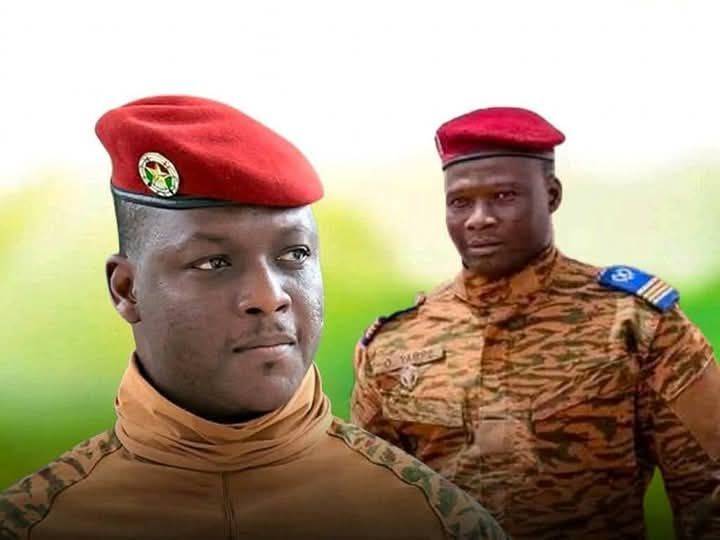Across the African continent, a new era is taking shape. Not through foreign aid, outside influence, or external validation, but through a rising wave of unity, dignity, and self-determination. Leading this charge is Captain Ibrahim Traoré, a man whose vision, courage, and unwavering loyalty to Africa have captured the hearts of millions. In him, many see the soul of the continent taking form in a leader who fears no imperial power and puts Africa first in all decisions. He prays for divine guidance, walks in the spirit of justice, and speaks directly to the oppressed and the hopeful alike.
Captain Traoré is not just a national figure in Burkina Faso—he is rapidly becoming a continental symbol. His influence stretches from the dusty streets of Ouagadougou to the bustling cities of Lagos, Nairobi, and Johannesburg. His voice, firm and clear, calls for a reawakening of African consciousness, and his policies reflect that urgency. Under his leadership, Burkina Faso has taken bold steps to reclaim sovereignty and dignity. French military bases have been removed, foreign exploitation by NGOs has been curtailed, and the country is reinvesting in local industries, education, and agriculture.
But Traoré's ambitions do not stop at national borders. He is building bridges across West Africa through the Alliance of Sahel States, working closely with Mali and Niger to form a new confederation rooted in solidarity and resistance against foreign domination. Together, they are crafting a future free from external interference, a future powered by shared culture, collective strength, and natural wealth.
The United African Structure being proposed is visionary. A single African president, with Captain Ibrahim Traoré at the helm. Sub-presidents in each country. One Pan-African army to replace all foreign military presence. A single African currency backed not by outside control, but by Africa's own gold, diamonds, labour, and unity. The call is loud and clear: free trade among African nations, protection of indigenous languages and traditions, and the full restoration of a God-given identity.
African musicians and cultural leaders are echoing this call. From Elie Kamano in Guinea to Didier Awadi in Senegal, artists are creating songs, speeches, and art inspired by Traoré’s leadership. His image now appears on T-shirts, music covers, and murals. Stonebwoy, Sarkodie, Alpha Blondy, Akon, and others are showing support in their own ways. These symbols are not mere trends—they represent a shift in how Africans view themselves and each other.
Biblical verses are being quoted in this rising movement, grounding it in a spiritual purpose. Isaiah 60:1 speaks of rising and shining. Proverbs 29:2 reminds us that when the righteous lead, the people rejoice. From Deuteronomy to Psalms, the message is consistent: Africa has divine backing, and it must now act boldly.
Other African countries are responding. Kenya is resisting foreign pressure and pushing for debt relief. South Africa is stepping up on the global stage, Ghana and Uganda are asserting traditional values, and Tanzanian voices are rejecting foreign cultural imposition. This is more than political—it is spiritual, cultural, and generational.
The cry is no longer for charity or rescue from the West. The call is for self-respect, unity, and freedom. Captain Ibrahim Traoré has become a symbol not because he sought the spotlight, but because his actions reflect the soul of a people long yearning to rise. From Dakar to Dar es Salaam, from Accra to Addis Ababa, a new sound is echoing. It is the sound of Africa waking up. And this time, Africa is not asking for permission—it is taking its place.


